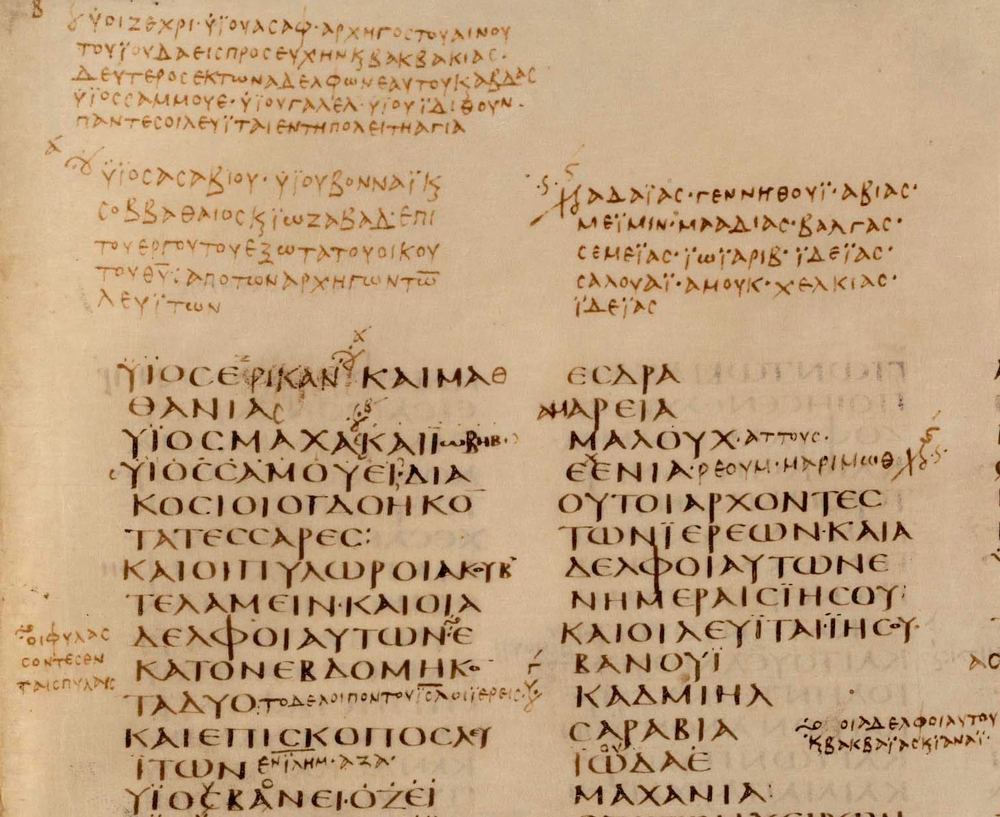Ernest T. Bass
Member
- May 17, 2012
- 2,094
- 140
In the context of Mark 16 the Apostles were the unbelievers (Mk 16:11-13). When Jesus appeared to the 11 He "upbraided them with their unbelief and hardness of heart, because they believed not them which had seen him after he was risen.'So now the Apostles were unbelievers?
Ok. Got it.
And He said to them, “Go into all the world and preach the gospel to every creature. He who believes and is baptized will be saved; but he who does not believe will be condemned. And these signs will follow those who believe: In My name they will cast out demons; they will speak with new tongues; they will take up serpents; and if they drink anything deadly, it will by no means hurt them; they will lay hands on the sick, and they will recover.” Mark 16:15-18
- And these signs will follow those who believe: In My name they will cast out demons; they will speak with new tongues;
These are the signs that follow believers.
You seem to think that these signs follow Apostles.
As long as there are believers, there will be these signs.
JLB
So yes, in the context the Apostles were the unbelievers and "they" (v17) of the Apostles that believed would be given those signs.
1 Cor 12:29-30 some believers in the first century [when they actually did have have signs] had no sign at all.









